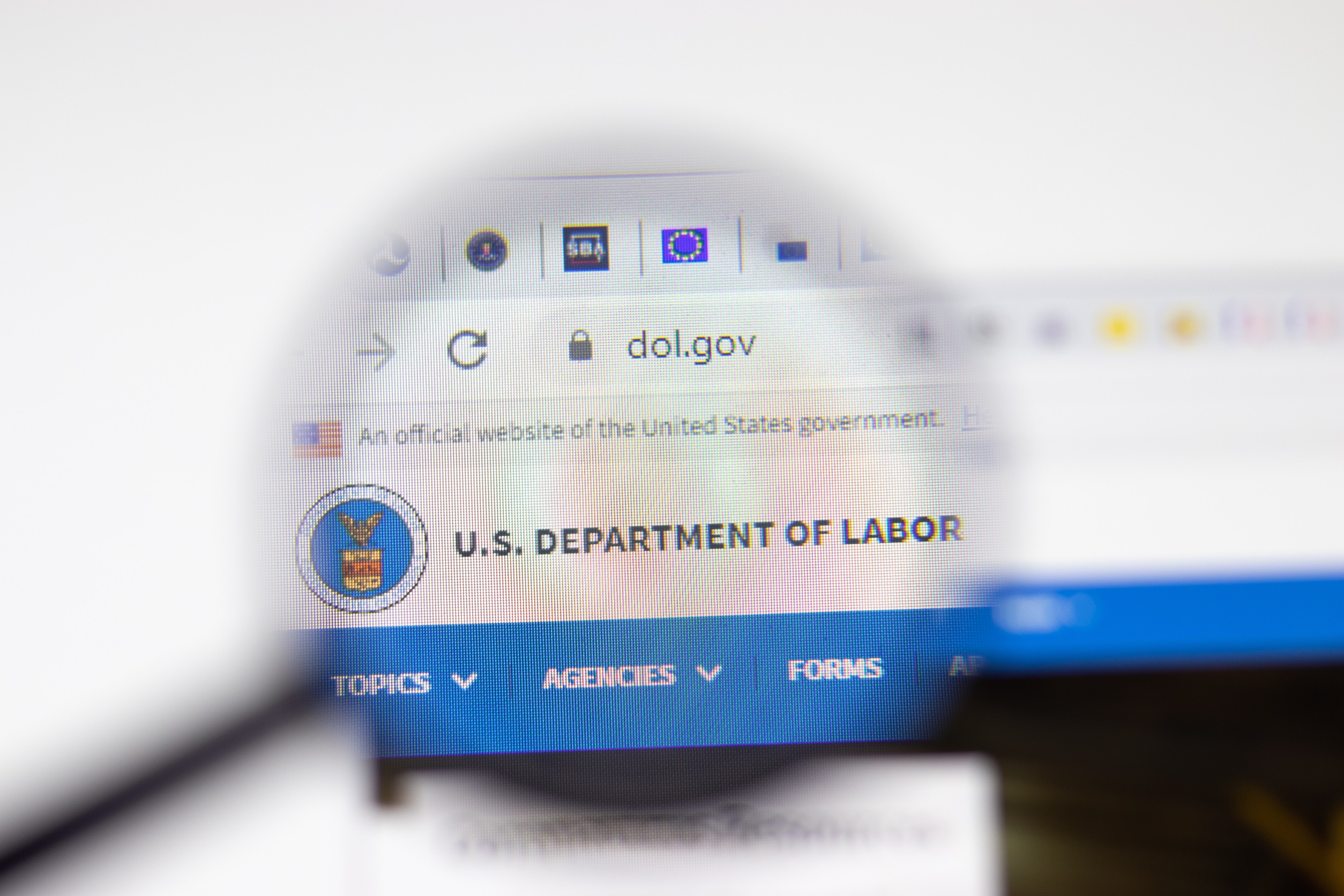How the Department of Labor’s new Final Rule Compares to the Rescinded Proposed Rule
The 2021 Proposed Independent Contractor Rule has been rescinded and this can have serious implications for your business and its workers. The U.S. Department of Labor (DOL) has published its final rule on what categorizes an employed person as an employee or an independent contractor under the Fair Labor Standards Act on January 10, 2024. Whether you currently employ independent contractors, may do so in the future, or even if you do not currently think you will, this new information is important to you.
This update is based on analysis that is more consistent with the Fair Labor and Standards Act’s judicial precedent as integrated by American courts as the understanding of the employer-independent contractor relationship has developed in American jurisprudence. The implication of the final rule is scheduled to take effect on March 11, 2024 (for the case of this blog: the final rule is the new analysis of whether a worker qualifies as an employee or an independent contractor. Employees are granted more rights and protections in certain areas than independent contractors).
How the Final Rule Works and Its Potential Impact on Business
The 2021 Independent Contractor Rule narrowed the economic reality test that had been used by businesses and the supporting legal system for years. The test was implemented by finding where a worker fell according to this question: how economically dependent is the worker on the employer for work? The 2021 proposed rule had a significant, disruptive impact on both employers and workers. The proposed rule departed from significant years of case law by turning the multi-factor economic reality test as a totality-of-circumstances test. The final rule is beneficial to both employers and independent contractors because it provides clarity on important areas that may become unfortunate legal issues or litigation contests for either party contracting together. “The misclassification of employees as independent contractors may deny workers minimum wage, overtime pay, and other protections.” 1 All important aspects to the status of an employee and the rights one has as an employee working under an employer.
The final rule will reduce employer liability in potential employment law claims, an area of law Florida and the Eleventh Judicial Circuit of Miami-Dade courts take very seriously. It will also provide greater protections for employees, therefore providing legal support for better relationships between employers, employees, and those qualifying as independent contractors. Especially as independent contractors have a large impact in specific industries and play a large role in the Florida and Miami-Dade economy. A more consistent approach to the employer-employee relationship is better for business, business growth, and for all those involved. Businesses can save costs by having their contracts reviewed by the experienced employees at EPGD to make sure they are in compliance with the DOL’s final rule. Therefore, protecting themselves from liability and future litigation costs.
How Individuals are Defined as Employees or Independent Contractors
Under the Final Rule.
Department of Labor, Final Rule: Employee or Independent Contractor Classification Under the Fair Labor Standards Act, RIN 1235-AA43, https://www.dol.gov/agencies/whd/flsa/misclassification/rulemaking.
The final rule declares that a worker is not an independent contractor if the worker is economically dependent on an employer for work. Simplifying this complicated topic in this context, economically dependent means that the worker depends on continuous employment by the employer for their financial resources. This is a broad explanation that requires further research or proper legal advice for a more in-depth explanation. Independent contractors are often understood, by society as a whole, to be persons or groups who contract out their services to a paying employer for a specific amount of time, such as the length of a project, and then contract with another employing party. Independent contractors may be taking on different projects at once, therefore making them not economically dependent on one employer to sustain their business and personal economic needs.
The final rule applies six factors to make the distinction on whether a worker is an independent contractor or employee:
- Investments by the worker and the employer or potential employer (i.e. 401k, health insurance, & more).
- Length of work relationship; degree of permanence in the work being performed.
- Nature and degree of control the employer has over the worker; whether the worker has autonomous ability to make decisions on the work product.
- The potential for profit and loss depending on the ability of the worker; whether the employer has managerial control over profit and loss factors.
- Skill, specialization, and initiative.
- How integral the work being performed is to the potential employer’s/employer’s business.
There are some key differences between the final rule and the proposed rule from 2021. First, the Department of Labor is returning to a “totality -of-the-circumstances realty test” where no single factor or group of factors is assigned any predetermined weight. 2 The final rule creates an additional standard of analysis for the control factor in the employer-worker relationship. The Department of Labor has brought back their consideration of whether the work being performed is integral to the employer’s business and business continuance as a whole rather than exclusively a specific part or unit of production or work product. 3 The final rule also re-emphasizes the relevance of an employer’s reserved but exercisable right(s) to control a worker, which is important in defining a worker as an employee or an independent contractor.
The final rule is bringing important changes to the employer-worker relationship, how it is understood in the legal system, and it creates new parameters that both employers and workers need to understand in order to protect themselves. If you have questions or concerns about your business or status as a worker please contact EPGD Business Law and our experienced, talented attorneys would be happy to assist.


